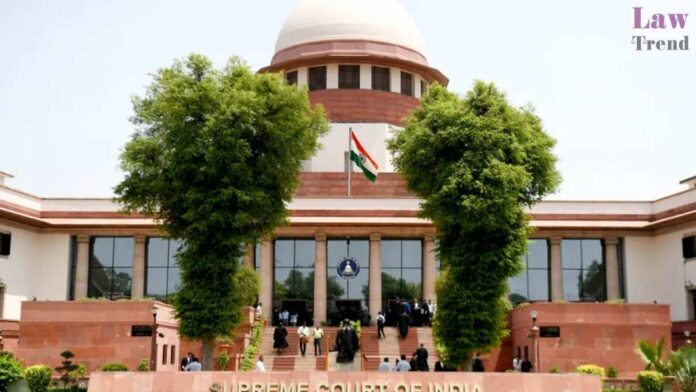The Supreme Court on Monday voiced deep concern over the Enforcement Directorate (ED) summoning senior lawyers for legal opinions they gave to their clients, calling it a shocking attack on the fundamental principle of privileged communication between a lawyer and client.
A Bench led by Chief Justice of India (CJI) BR Gavai, along with Justice K Vinod Chandran, was hearing a suo motu case after media reports revealed that the ED had issued summons to Senior Advocates Arvind Datar and Pratap Venugopal. The two had given legal advice in connection with the grant of over 22.7 million Employee Stock Option Plans (ESOPs), valued at over ₹250 crore, by Care Health Insurance to former Religare Enterprises chairperson Rashmi Saluja. Datar had provided the legal opinion supporting the ESOP issuance, and Venugopal was the Advocate-on-Record.
“How can lawyers be summoned like this? This is privileged communication,” the CJI remarked, noting that he was “shocked” when he read about the issue on online platforms. The ED had later withdrawn the summons following widespread outrage from bar associations and had issued a circular directing all its officers not to summon advocates, except under statutory exceptions and with the Director’s approval.
Bar Leaders, AG, SG Back the Court’s Concern
During the hearing, Supreme Court Bar Association President Vikas Singh warned that such executive actions could threaten the legal profession itself. “In Turkey, the entire bar association was disbanded. We cannot go that way,” he said.
Attorney General R Venkataramani told the Court, “I told ED that what you have done is wrong,” while Solicitor General Tushar Mehta agreed, firmly stating, “Lawyers cannot be summoned for giving opinions.”
However, Mehta also cautioned against efforts to create negative “narratives” against institutions, adding, “General observations at times are misconstrued.” But the CJI pushed back, saying, “You cannot say we will be influenced by such narratives.”
Court Points to Larger Pattern, Seeks to Frame Rules
CJI Gavai said the Court had noticed repeated instances of the ED filing appeals in politically sensitive matters despite reasoned orders by High Courts. “We are seeing it multiple times… we have to now lay down guidelines,” he said.
The Bench acknowledged that there are exceptional cases, citing an apex court judgment by Justice KV Viswanathan that outlines circumstances under which lawyers can face legal action.
The Court appreciated the representations made by the legal fraternity, with Supreme Court Advocates-on-Record Association President Vipin Nair thanking the Bench, mentioning how the issue had caused distress even to lawyers who were overseas.
The Supreme Court has now set the matter for further hearing on July 29 and said it will appoint an amicus curiae to assist the Court. “File a comprehensive note and then we will appoint an amicus,” the Bench directed.




